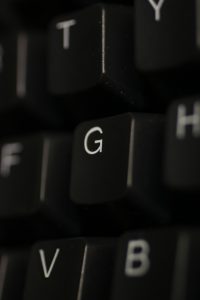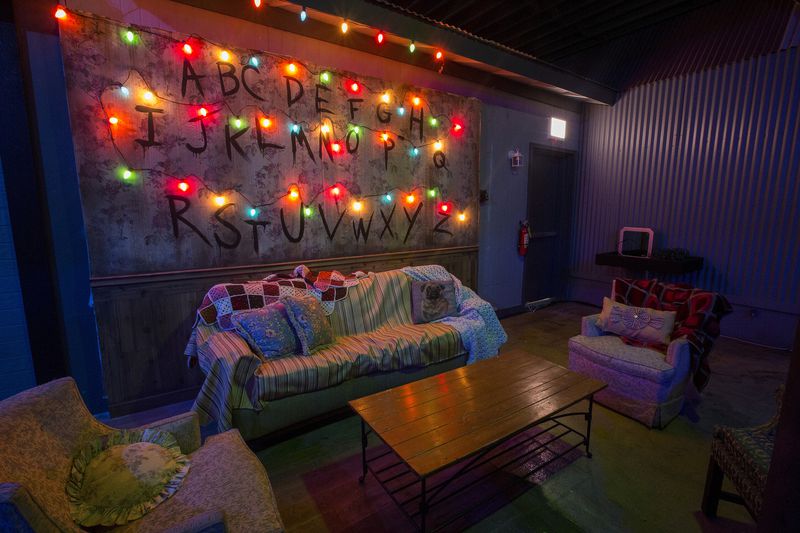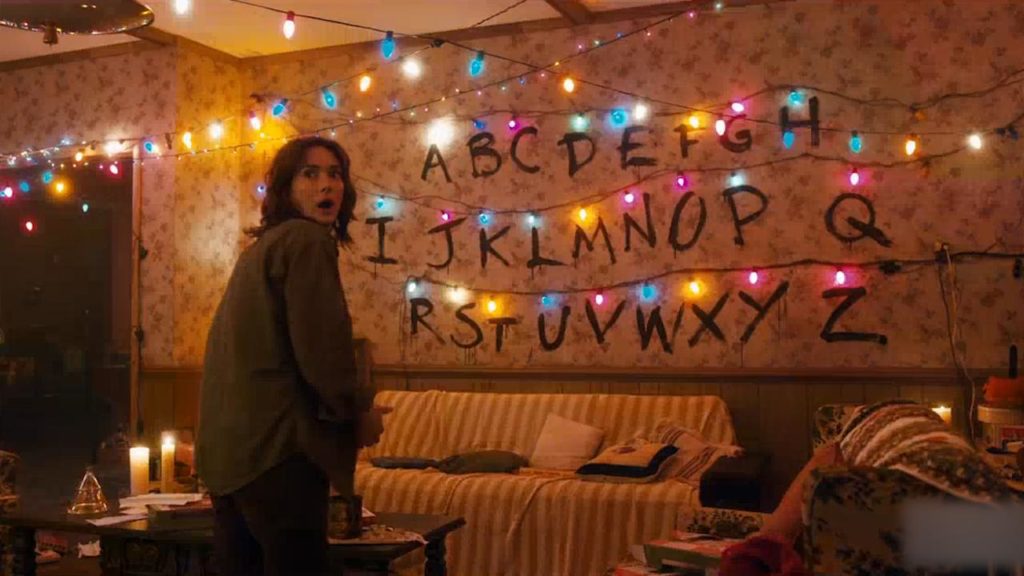It has been a welcome development in the art of cease-and-desist and demand-letter writing lately: Rather than a stern warning with paragraphs of statutory citations and threats of “treble” and punitive damages to the moon, companies have had their counsel user a lighter touch, cajoling with charm rather than terrorizing with money damages. Recall the lovely letter received by the author of the book “Broken Piano For President,”** which used a Western saloon-style scroll that Jack Daniels thought was remarkably reminiscent of the scrolls on the label of a bottle of its whiskey. “We have to be diligent,” said Jack Daniels, as if the letter was a chore that had to be carried out by whichever lawyer drew the short straw. “We’re sure you didn’t mean it,” and all we’re asking is that you “change the cover design when the book is re-printed” (because we’re SURE you’ll make it to re-print, buddy….) The letter went viral, a beacon of a new day in C&D letter writing style. I’ve even written a few of my own cheeky letters since then.

The latest of these is a letter from Netflix to the owners of a bar in Chicago who, in honor of the forthcoming premier of Season 2 of Stranger Things, created a temporary “pop up” bar called The Upside Down. “The Upside Down” is the name the characters use to describe the other dimension they encounter in the show, a show which is an original Netflix creation. The letter is a work of art if you’re a fan of the show, and ends with the amazing line “Don’t make us call your mom.” I suspect the popularity of this letter has more to do with its Stranger Things references than the fact that it’s a lovely cease-and-desist, but still, that’s what it is. It tells the folks at the pop-up bar that they can go ahead and have their bar for six weeks, but since “we didn’t do a deal” for this, next time, “reach out to us for permission.” Never in the letter does Netflix mention why the bar might need permission.
It really is a great letter. But for what?
Here’s a picture of the bar. (You can see lots more pictures here).***

Here’s a scene from the show

Does Netflix have copyright protection in a wall with the letters of the alphabet and colored lights? U.S. Copyright law gives limited protection to architectural works – designs of buildings, but not to interior designs. They might have protection in the image of the room, and it’s possible for one work to infringe another even if one’s a two-dimensional image and the other’s a three-dimensional room. But a court will have to look at the elements that are copyrightable and decide.
Is the wall protectable? The alphabet and the lights are pretty distinct, but is it so creative to put the alphabet on the wall and string colored lights in front of it? The bar uses corregated metal on the wall and has totally different wallpaper from the show. If the bar changed the cover on the couch from striped to brown would it make a difference? They play ‘80s music in the show. They play ‘80s music in the bar. Lots of bars play ‘80s music. If you scroll through the other photos of the bar, you’ll seem other references to the show, including lots of waffles, and a drawing on a wall that looks really nothing like the main character with a waffle behind her, but there’s no image of the show (that I can find or remember) that looks anything like that.
Interior designs protection is generally dealt with in the trade dress category. (Think TGI Friday’s, or this Mexican restaurant.) But trade dress is trademark – Netflix has to show 1) that it has acquired distinctiveness in the design of the room that’s in the show and 2) that the pop-up bar’s use of the design is confusingly similar. If they don’t want to prove the second element, they can try to claim that the trade dress in the wall is famous, so nobody else can use it regardless of what type of good or service it is. Granted, Stranger Things is a hugely popular show, but as of April less than a third of Americans were paid subscribers to Netflix, and some number much smaller than that watched the show. Plus, I watched the show, and if you showed me that photo in a survey on the street, it would take me a minute to associate it with the show, if I could at all. I don’t see a successful “fame” argument coming out of Netflix on this.
I suppose Netflix could also argue that there is some sort of false claim of “sponsorship or endorsement” going on, where the Chicago bar is leading people to believe that Netflix has endorsed the concept. The statute that covers false claims of sponsorship and endorsement reads pretty broadly, but the courts have generally said that a claim under that statute is no different than a claim under the traditional infringement provisions under the Lanham Act. In other words, you still have to prove a likelihood of confusion. You still have to prove that the marks are similar and the goods or services are similar. And in this case, Netflix would first have to identify “the mark.” And then show that Netflix’s show and this bar were similar. (There could be an interesting argument to be made that the audience would be nearly identical, because who would flock to a pop-up bar called Upside Down with waffles hanging from the ceiling except Stranger Things fans, but Netflix would probably have to survey them. And again, what’s the trademark here?).
Netflix’s claim may very well come down to some stuff hanging on a wall and a couch cover. When you look at it that way, was the letter really so nice?
Stranger Things Season 2 premiers on Netflix on October 27th. I can’t wait.
** I would take a Broken Piano for President at this point.
*** It’s possible that the bar is streaming episodes of Season 1. They’d need a performance license for that. If they don’t have one of those, my theory that this will be a hard case goes out the window entirely.
Call Now To Get Started (615) 734-1188
[email protected]

